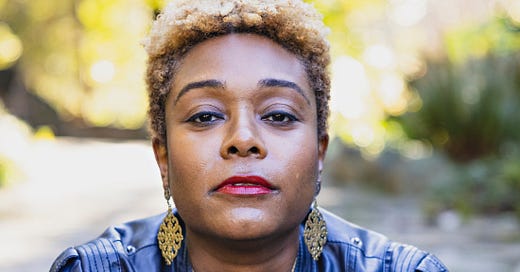The Interview with Margaret Wilkerson Sexton
Today’s interview is with Margaret Wilkerson Sexton. She is the author of A Kind of Freedom, which was nominated for a National Book Award, and The Revisioners, winner of the 2020 Janet Heidinger Kafka Prize. She’s also a friend. Although we’re both from New Orleans, I didn’t meet her until we were adults. She allowed me read an early copy of her brilli…
Keep reading with a 7-day free trial
Subscribe to Sitting in Silence to keep reading this post and get 7 days of free access to the full post archives.



